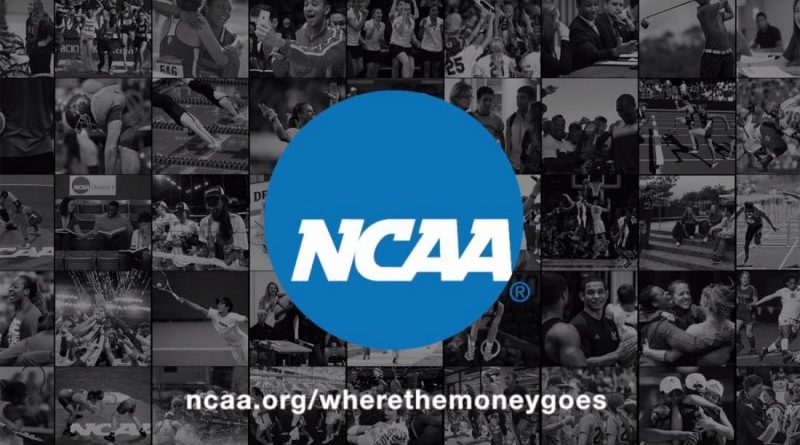NCAA Protein Regulations for Athletes Removed for Good
For those of you who were or are college athletes, you might have heard about or even played in the era where there were regulations set by the NCAA regarding how much protein a university could give their athletes. These protein regulations did not allow schools to give their athletes any “supplements” such as protein bars or protein shakes that contained more than 30 percent of its calories coming from protein. As I’m sure many of you are doing right now, this caused many strength coaches, sports nutritionists, and athletes to scratch their head. However, in January 2017, the protein rule was deregulated as the NCAA protein regulations are removed from athletics.
No protein for you! NCAA Protein Regulations…
As some of you might know, I played collegiate tennis. I was already deep into weight training and borderline bodybuilding at the time, and I was always looking for supplements to help me get stronger and put on lean muscle mass. At that stage of my career, I was weighing in around 130 pounds soaking wet (remember, I was a tennis player, not a football player so I didn’t need to be big). However, I wanted to put on size not only to help with performance, but also for aesthetics. After doing research, I found various protein powders that I wanted to try.

Being that the school was given an allowance of “nutritional supplements” I asked if we had any protein bars or shakes. My coach looked at me as if I had a horn growing out of my head and said they aren’t allowed to supply such products due to NCAA protein regulations. What? That was the most ridiculous thing I ever heard.
Then, years later when I got into the supplement industry, I was running a Team Sports program for a brand and ran into the same issues with the NCAA protein regulations years after my playing days ended. Majority of the products I had available were not allowed to be purchased by universities (of any division). Products still couldn’t be made of primarily protein or they were deemed “muscle-building supplements” and were considered impermissible by the NCAA and schools would have sanctions against them if they were found violating these NCAA protein regulations.
What the rule stood for and why it was deregulated
This rule was No. 16.5.2 (g). It stated, “nutritional supplements containing more than 30 percent of calories from protein are classified as muscle-building supplements and may not be provided to student-athletes.” Similar to what I mentioned above. In addition, there were many other supplements that were deemed impermissible such as creatine, caffeine, BCAA, glucosamine, and many others.
Since the deregulation of the protein rule, the new wording is as follows: “an institution may provide permissible nutritional supplements to a student-athlete for the purpose of providing additional calories and electrolytes. Permissible nutritional supplements do not contain any NCAA banned substances and are identified according to the following classes: carbohydrate/electrolyte drinks, energy bars, carbohydrate boosters, protein and vitamins and minerals.”
Click here to continue reading…


*Disclosure: This article may contain affiliate links or ads, which means we earn a small commission at no extra cost to you if you make a purchase through these links. These commissions help support the operation and maintenance of our website, allowing us to continue producing free valuable content. Your support is genuinely appreciated, whether you choose to use our links or not. Thank you for being a part of our community and enjoying our content.
PLEASE CONSIDER SHARING THIS ON YOUR SOCIAL MEDIA TO HELP OTHERS LEARN MORE ABOUT THIS TOPIC. SIMPLY CLICK BELOW!

